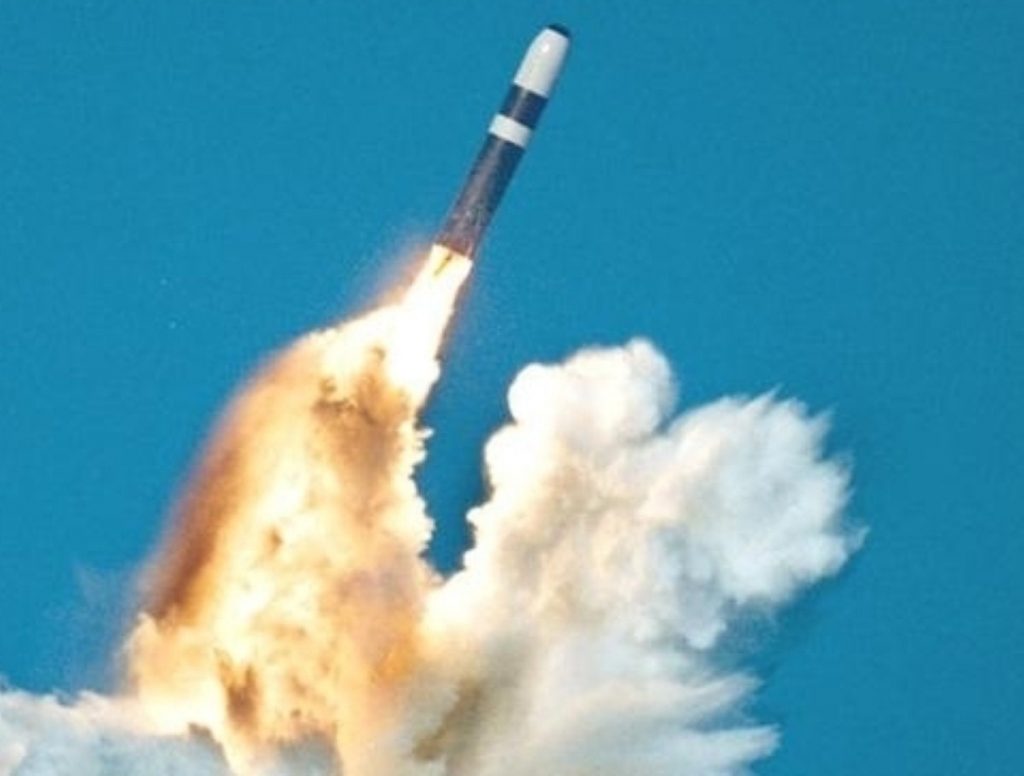Cuts undermine Trident renewal
A like-for-like replacement for Britain’s nuclear deterrent may not be worth the huge cuts in conventional forces which will be required, an influential thinktank has warned.
A report for the Royal United Services Institute (Rusi) warns of a “stark” gap now exists between the reduced threat of a nuclear attack and the deterrent patrols operated by Britain’s nuclear submarines.
It has suggested that ministers may want to consider alternatives to a like-for-like replacement in the context of looming cuts in defence spending.


“Given the severe costs that Trident renewal could require… there is now a strong case for a re-examination of whether alternatives to current continuous-at-sea deterrence (CASD) policy could yield significant financial savings while continuing to meet this agreed objective,” the report’s author, Professor Malcolm Chalmers, wrote.
“The fiscal situation facing the Ministry of Defence (MoD) is significantly worse than was assumed in 2006, when current renewal plans were drawn up by the previous government’.”
As the Treasury has refused to pay for the nuclear deterrent out of its own funds the impact of continuing with Trident on the number of conventional forces Britain can afford will be exacerbated further.
Prof Chalmers suggests a ‘CASD-capable’ submarine force which could credibly reconstitute the nuclear deterrent if needed, or a ‘dual-capable’ submarine force which could be used either for conventional or deterrent purposes, as alternative options to be considered.
He added: “What is clear is that the inclusion of Trident renewal in the core budget, on current plans, could require the MoD to plan for a further significant real reduction in annual conventional spending by 2020, over and above any reduction that the spending review decides to make over the next four years.”
The strategic defence and security review, set to report in the autumn, is not expected to shift the government’s current commitment to a credible deterrent.
Today’s Rusi report indicates a shift in attitude from some defence analysts, but the defence industry remains committed to continuing Trident.
“Either we continue with a nuclear deterrent – in which case we should ‘do it properly’ – or give it up entirely,” the UK National Defence Association’s Commander John Muxworthy said.
“There are some politicians who believe in the latter option. But what those who advocate abandoning Trident are in effect saying is that they can foresee every strategic threat to this country for decades ahead and that they do not believe Trident would be of any use in any of these circumstances.
“This is a huge gamble that no responsible government should take.”

